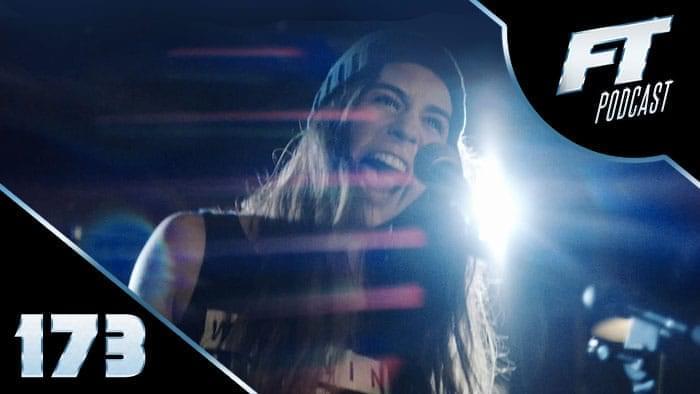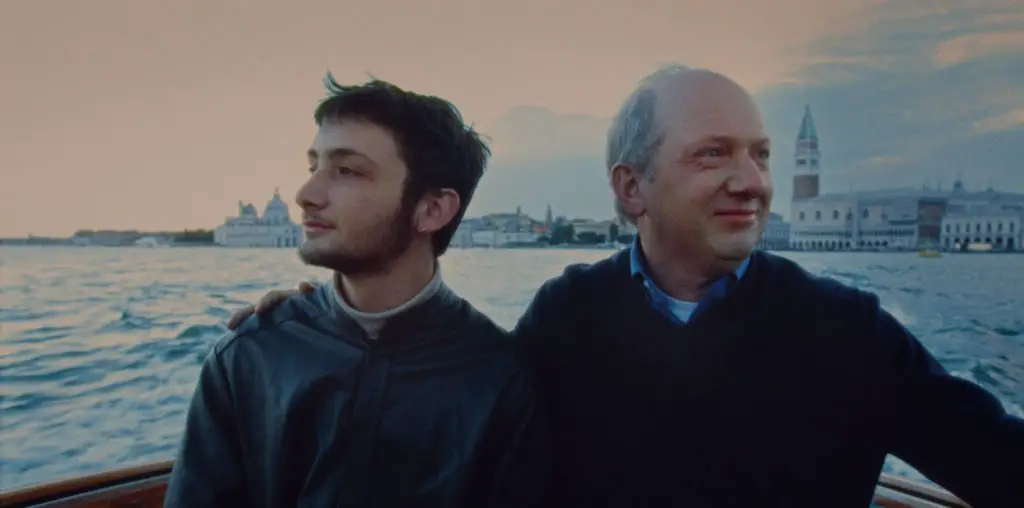
As Criterion continues bestowing more lavish treatment on Kurosawa’s films, it was a given that a more elaborate version of “Rashomon” would show up sooner rather than later. This is the film that opened the door to Kurosawa, Mifune, and Japanese cinema in the United States and became a cultural touchstone (a documentary about the band The Replacements that I received this week boasts this quote from “The Village Voice”: “The rock version of ‘Rashomon.'”).
Just as D.W. Griffith introduced such concepts as tracking shots and time shifts to the language of film, “Rashomon” put its focus on the idea that just because you see something onscreen doesn’t mean it’s reality. As the movie makes its way through four conflicting versions of the murder of a samurai and the rape of his wife, we soon realize that, as Robert Altman explains in the bonus features, the stories are true and false at the same time. And as Altman also points out, the characters speak to the camera during their testimonies, with the inquisitors’ faces never shown, their voices never heard: they’re delivering their testimonies to us, and we must try to make sense of them.
It’s a powerful lesson that can be applied to many classic films. For example, the ending of “Taxi Driver” has been oft-debated: is it reality, or is it the fevered notions running through Travis Bickle’s head as he breathes his last? Once you’ve seen a movie like “Rashomon,” you can begin seeing cinema that way; this is a film that features not one but four unreliable narrators.
If you have Criterion’s previous DVD release of this film, you’ll notice some repetition in the bonus features here, starting with Altman’s aforementioned comments. There’s also an excellent commentary by Japanese film historian Donald Richie that functions more like a film class lecture than an impromptu observation, which is how I prefer my film commentary tracks. The 12 minutes of excerpts from the documentary “The World of Kazuo Miyagawa,” which focuses on the movie’s cinematographer, was also ported over, along with the theatrical trailer.
Criterion didn’t create anything new for this Blu-ray, which is also available as a two-disc DVD set, but they did assemble a nice hour-long set of interviews under the title “A Testimony as an Image,” which features script supervisor Teruyo Nogami interviewing co-writer Shinobu Hashimoto, assistant director Tokuzo Tanaka, and others. It’s a nice look back at the inspiration for the film and the process that went into making it. In addition, there’s a audio-only interview with actor Takashi Shimura, which was originally recorded in 1961 and which was translated by Donald Richie. A second trailer, for the re-release of “Rashomon,” is also new to this release.
Finally, Criterion didn’t skimp on the included booklet, as usual. This one features reprints of the two short stories that were adapted for the script, along with film professor Stephen Prince’s essay “The Rashomon Effect” and an excerpt from Kurosawa’s 1983 book “Something Like an Autobiography.” As Criterion booklets go, this is one of the better ones.

